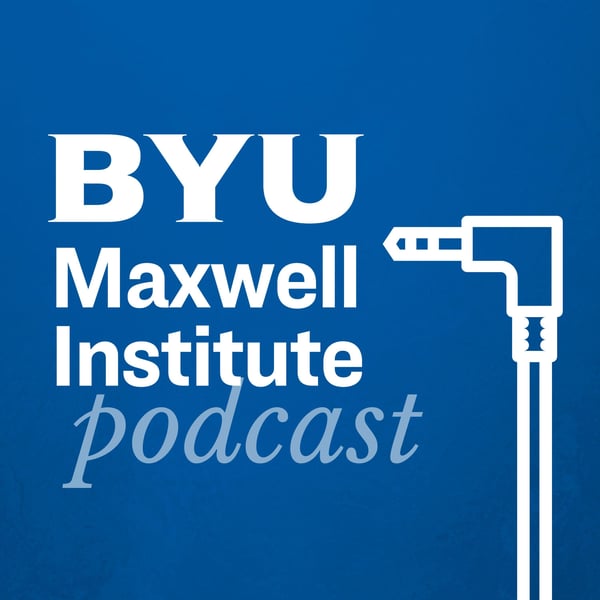Maxwell Institute Podcast #173: What Does it Mean to "Get Proximate"? Featuring Michalyn Steele
Maxwell Institute Podcast
Maxwell Institute Podcast
4.8 • 789 Ratings
🗓️ 1 January 2024
⏱️ 44 minutes
🧾️ Download transcript
Summary
Transcript
Click on a timestamp to play from that location
| 0:00.0 | Hello and welcome to the Maxwell Institute podcast, where we seek out faith illuminating scholarship. |
| 0:15.0 | I'm Rosalind Welch, Associate Director at the Institute. |
| 0:19.0 | This season we're exploring the questions we should be asking. |
| 0:23.4 | Thanks for joining us. A couple of years ago in general conference, Elder Dale G. Renland spoke |
| 0:29.6 | about a man whose name will be familiar to many. He said this. Someone who has been anxiously |
| 0:35.1 | engaged in combating unfairness is attorney Brian Stevenson. |
| 0:39.8 | His legal practice in the United States is dedicated to defending the wrongly accused, ending excessive punishment, and protecting basic human rights. |
| 0:48.5 | Elder Runland continued, Mr. Stevenson observed that self-righteousness, fear, and anger have caused even Christians |
| 0:55.7 | to hurl stones at people who stumble. He then said, we can't simply watch that happen, |
| 1:01.6 | and he encouraged the congregants to become stone catchers. I'm talking today with Professor |
| 1:07.1 | Michaelin Steele, a member of the faculty at the J. Rubin Clark Law School about Brian |
| 1:12.4 | Stevenson and his best-selling book, Just Mercy. As Elder Renlon said, Stevenson has spent his |
| 1:18.2 | career assisting people in some of the worst circumstances I can imagine, those on death row or |
| 1:24.3 | facing a life sentence. He's also a Christian and his faith in Jesus and love |
| 1:29.5 | of the Bible are on full display in his book. Professor Steele helped me see what Stevenson's work |
| 1:36.1 | with imprisoned people can teach all of us about mercy and justice. This is something she knows firsthand |
| 1:42.9 | from her own experience ministering to incarcerated |
| 1:46.2 | women in her community. As she says, we're in a web of hurt and brokenness, but we're also |
| 1:51.9 | together in a web of healing and mercy. Too often, though, we look away from that web, or choose |
| 1:58.8 | not to see our brothers and sisters in their lowest moments. |
| 2:01.9 | Or we simply don't know how to make the connections we want to make. How to get proximate, |
| 2:08.0 | as Stevenson puts it, is a question we should be asking. And it's the topic of our conversation |
... |
Please login to see the full transcript.
Disclaimer: The podcast and artwork embedded on this page are from Maxwell Institute Podcast, and are the property of its owner and not affiliated with or endorsed by Tapesearch.
Generated transcripts are the property of Maxwell Institute Podcast and are distributed freely under the Fair Use doctrine. Transcripts generated by Tapesearch are not guaranteed to be accurate.
Copyright © Tapesearch 2025.

